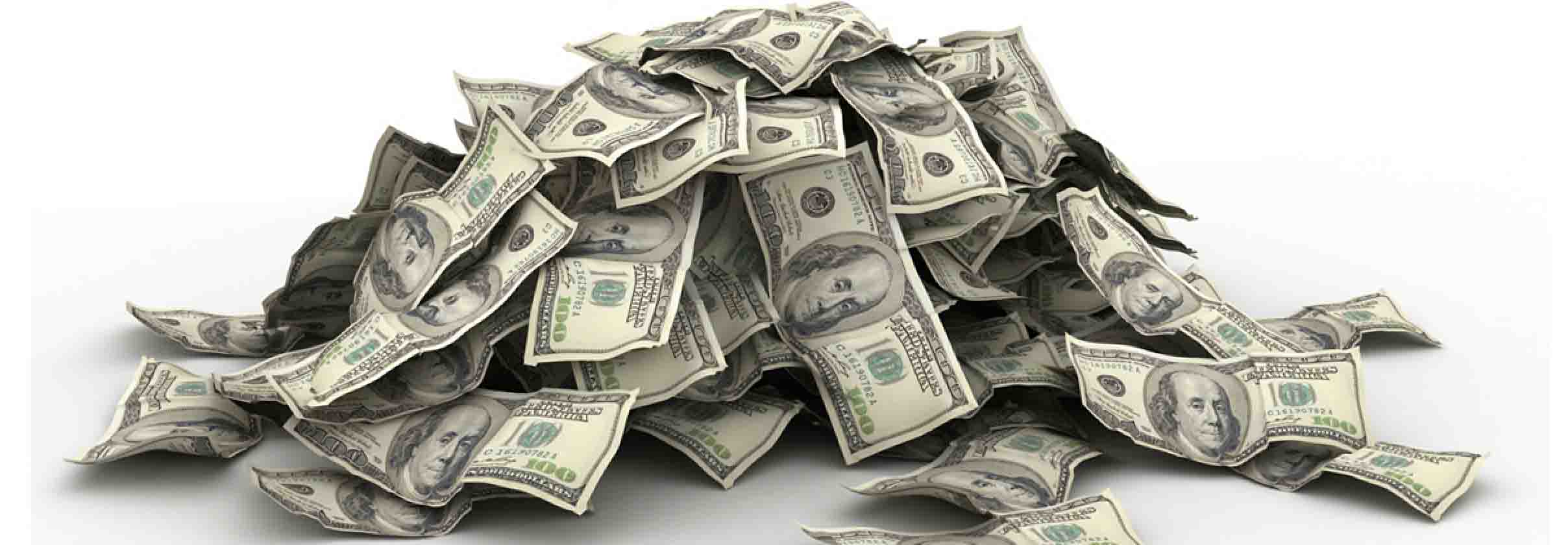Knowledge Is Power!
A lot has been said and written about Baby Boomers and personal finance. In fact, according to an article from Business Insider as many as 61% of American adults don’t keep a budget. Why?
Most older adults state they know they should keep a budget, but at the same time, they don’t. In a nutshell, those 61% are more than likely afraid of what their personal finances may reveal.
Studies have painted a grim picture about how poorly educated Baby Boomers supposedly are when it comes to managing their money. Apparently, we haven’t learned anything about personal finance. Or so the media tell us.
As the economy continues its upward climb, now is as good a time as any to get your personal finances in order and kick your savings into high gear!
So, if you could stand a refresher on personal finance read on, we’ve got you covered! We promise we won’t bore you to death.
Money, Money, Money… Money!
To help you get started on your pursuit to financial happiness, here are 7 simple yet effective personal finance habits you can adopt that will empower you to make your money work for you, instead of you working for your money:
1. Keep It Simple
Organize and simplify your finances. investments and scattered bank, brokerage and retirement accounts and merge them into 2 or 3 money-making accounts.
To further simplify your financial life, automate bill payments, and arrange for direct deposit of regular income sources, including Social Security.
- Pay Yourself First
Before you pay your bills, before you buy groceries, before you do anything else, set aside a portion of your income to save. Put the money into your 401(k), your Roth IRA, or your savings account. The first bill you pay each month should be to yourself.
Tip Yourself “is a FREE app that allows you to transfer money from your checking account to your “tip jar”. There are a lot of motivations and goals that could drive you to save, and Tip Yourself has many of them inside the app.”
- Freeze Your Credit Cards
Put a hold on credit card spending, use your debit card or cash, if you can’t afford it, don’t buy it. And make sure you continue to keep track of how much you spend daily.
- Wait At Least 15-minutes.
When you feel a spending impulse, try waiting or distracting yourself for 15 minutes to see if you can resist the temptation of impulse buying.
- Always Make a Shopping List
Make it a habit to plan out your purchases ahead of time. 72% of grocery shoppers who shop with lists rarely make impulse purchases. Make it your goal to be a part of this 72%. (Trust me on this one, it works, I do this myself).
- Pay Your Bills As They Arrive
Avoid procrastination when it comes to paying your bills. Keep in mind those late charges can add-up quickly if you forget to pay your bills because they’re sitting on your desk under a pile of papers unpaid.
7. Set Some Money Aside For A Rainy Day
Surprisingly, approximately 50 percent of American households have no rainy day funds. Be sure to set aside part of your paycheck in a savings account. Or round your purchases to the nearest dollar in your checking account ledger and use those extra funds for your rainy day needs.
Does Your Money Work For You, Or Do You Work For Your Money?
Bad financial habits can keep you from obtaining your pursuit of financial happiness. However, with some good personal finance habits, you can learn to spend in ways that will not only help you save money, you’ll also learn how to make your money work for you!
Keep in mind, when it comes to financial literacy, you’re never really done learning.

